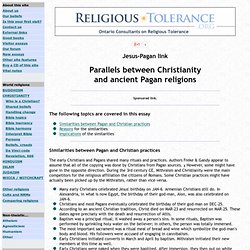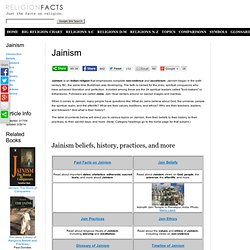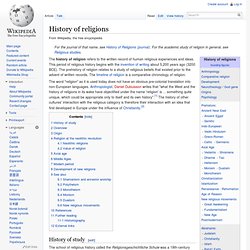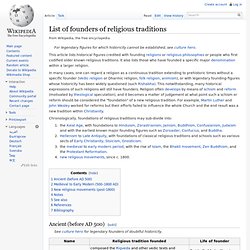

Enlightenment - The Experience Festival. Celtic Attic: Tips and Hints - gods and goddesses. Parallels between the Christian gospels and Pagan mythology. Implications of the Pagan-Christian similarities Conservative Christians accept the inerrancy and inspiration of the Bible.

The writings of the authors of the gospels are without error. The gospels describe the life of Jesus with precision. Thus ancient Pagan practices in the Middle East and around the Mediterranean are of no concern to the believer. They cannot impact on the credibility of the Bible which is God's word. To some liberal Christians, the Pagan-Christian parallels are convincing proof that much of the magical components of the gospels are of Pagan origin: the virgin birth, bringing dead people back to life, the many miraculous healings, exorcisms, transfiguration, crucifixion, resurrection, ascension, Jesus' anticipated return to judge humanity, etc.
References: J. Jainism. 60Google + Jainism is an Indian religion that emphasizes complete non-violence and asceticism.

Jainism began in the sixth century BC, the same time Buddhism was developing. The faith is named for the jinas, spiritual conquerors who have achieved liberation and perfection. Included among these are the 24 spiritual leaders called "ford-makers" or tirthankaras. Followers are called Jains. When it comes to Jainism, many people have questions like: What do Jains believe about God, the universe, people, the spiritual realm, and the afterlife? The table of contents below will direct you to various topics on Jainism, from their beliefs to their history, to their practices, to their sacred days, and more.
Christianity. History of religions. The history of religion refers to the written record of human religious experiences and ideas.

This period of religious history begins with the invention of writing about 5,200 years ago (3200 BCE). The prehistory of religion relates to a study of religious beliefs that existed prior to the advent of written records. The timeline of religion is a comparative chronology of religion. The word "religion" as it is used today does not have an obvious pre-colonial translation into non-European languages. Anthropologist, Daniel Dubuisson writes that "what the West and the history of religions in its wake have objectified under the name 'religion' is ... something quite unique, which could be appropriate only to itself and its own history".[1] The history of other cultures' interaction with the religious category is therefore their interaction with an idea that first developed in Europe under the influence of Christianity.[2] History of study[edit] Overview[edit] Origin[edit] Axial age[edit]
The Big Religion Comparison Chart: Compare World Religions. The Big Religion Comparison Chart: Compare World Religions. List of founders of religious traditions. This article lists historical figures credited with founding religions or religious philosophies or people who first codified older known religious traditions.

It also lists those who have founded a specific major denomination within a larger religion. Chronologically, foundations of religious traditions may sub-divide into: Ancient (before AD 500)[edit] See culture hero for legendary founders of doubtful historicity. Medieval to Early Modern (500–1800 AD)[edit] New religious movements (post-1800)[edit] Notes[edit] Jump up ^ "Controversy over Zaraθuštra's date has been an embarrassment of long standing to Zoroastrian studies. See also[edit] References[edit] Bibliography[edit] Beit-Hallahmi, Benjamin (1998).
Islam.